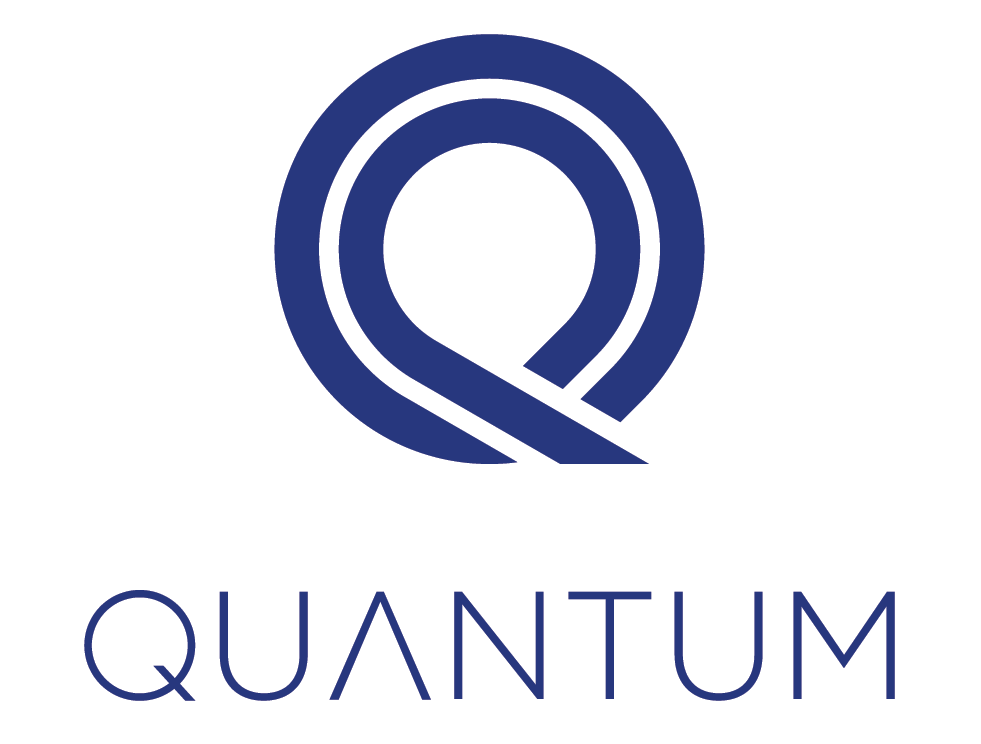Congratulations to our class of 2025 students on their stellar results! Another year has gone by, and admissions have (unsurprisingly) changed once again! Keep reading to find out more!
1. Letter of Recommendations are way more important than you think!
Did you know admission officers read the letters of recommendation before they read any essay written by the applicant?
Generally speaking, most students will have three recommendation letters by the time they submit: two teachers and one school counsellor. As students rarely get to choose their counselors, they do get to choose which teachers will write their letters. As such, the teacher’s letter of recommendation is weighed more heavily.
One key thing to remember is that students must sign away their right to see these letters. This gives the admission officers the confidence to trust what is being said in these letters. It is also the best place to see where “the parents end, and the kid begins.” The form includes 16 checkboxes to rank the student on a variety of different characteristics, including attributes like leadership, initiative, and motivation, and a written response of up to 1,000 words to describe the student—all in the context of a student’s in-classroom behavior. Our advice is to always showcase a good attitude towards learning and go above and beyond inside the classroom first; if your teacher ranks you only as “average” in leadership inside the classroom, but you say you are the leader of multiple clubs and organizations, this will cause admission officers to question the validity of these roles! One thing we pay special attention to is helping our students pick the right teachers to write the letters of recommendation and strategically guiding them to help write useful letters. These letters can be the make or break!

2. SAT, ACT, A-Level, APs—all things numbers are becoming increasingly important
The number of applications has surged dramatically across all universities since the COVID “test-optional” policy two years ago. The average number of applications per student in the US has increased from ~10 schools to ~20 schools! This is bad news for admission officers as their workload has doubled despite the number of students they can admit remaining the same. As such, in order to get through the applications quicker, they are now weighing “objective” elements of the application heavier and heavier—this means any and all numbers and statistics.
While a number of universities, most notably STEM and engineering-dominant schools such as MIT and Georgia Tech, going back to test required this admissions cycle, some schools have remained “optional”, although scores are often “highly encouraged”. The test-optional policy will mostly only be valid for students who come from places with little to no access to testing facilities. Some schools, like the UCs, have been test-blind for many years. However, test-blind refers only to SAT and ACT, not all other standardized test scores such as APs, IGCSEs/GCSEs, etc.
As consultants, it is important to weigh a student’s testing ability and their strengths. If test-taking is something you are not confident in, it is all the more important to be careful and strategic in designing our school list to target schools that truly are “test-optional”!
3. Credit-bearing Summer Programs and “ED0”
Last year, the University of Chicago credit-bearing, pre-college program began to offer the Summer Student Early Notification (SSEN) option, allowing students who attended the pre-college program to apply to UChicago prior to the Early Decision I (ED1) deadline in November and also receiving their results before then, creating what we now know as “ED0”. Many of the admission officers we have spoken to since January 2025 do not know whether this will become a trend yet; however, the existence of ED0 has pushed other universities to consider following suit.
Since then, applications for the UChicago pre-college program have skyrocketed, making it more competitive than ever. This change has also proven what we have known for a long time—credit-bearing summer programs are tremendously helpful in college applications. Many of our students who have done credit-bearing summer programs, including ones who attended the UChicago program but chose not to apply ED0, gained entry into other schools such as Columbia, CalTech, Cambridge, and more.
For-credit summer programs are hard work! But that is also precisely why admission officers look upon them so favorably! Doing well in a credit-bearing course shows them two things: one, you can handle college-level coursework, and two, your interest and ability in the subject you indicated interest in is genuine! For all students considering these programs, it’s equally important to pick the right program for your interests and needs. These competitive summer programs often come with lengthy applications, requiring transcripts, letter(s) of recommendation, and subject-specific essays—we often help our students begin preparing for these applications as early as December the year before attendance!

4. Research is taken more seriously than ever, but it is more misunderstood than ever!
“Research” has been a buzzword for over a decade in US college admissions. In recent years, we have noticed signs of “fatigue” inside the admissions office with overwhelming numbers of students with “research” in their applications. The bottom line is not every student is an academic, and not all “research” students do in high school is “useful.” To put simply, admission officers are not looking for:
- Pay-to-Play research programs that promise publication of papers. Admission officers are very aware of companies that provide such opportunities for students who have the resources.
- Research that shows little to no collaboration with the wider academic community. Real research is always done with a team of scientists and academics, not just with one teacher or supervisor. Those are merely explorations of interest and do not count as “research”.
- Research that does not indicate any follow-up in the long run. Admission officers consider one-off papers more like homework or school assignments.
There is a common misconception that students must do research papers to get into good schools. While there are a few top universities that ask for research abstracts and/or papers, universities also understand that not every student wants to or is suited to do research! We often tell students and families this: a strong and compelling application will always include experiences and activities that are relevant to the student’s interests. At times, it may be research; other times, it could be work experience or even personal projects. It is important to remember every part of an application works with its other parts. A large part of what we do is making sure these pieces all gel well together!
5. Changing Diversity, Equity, and Inclusion (DEI) Initiatives
After many years of “diversity” being at the forefront of US college admissions, many schools are looking to change that. For example, both MIT and Harvard are beginning to offer free tuition to applicants whose household incomes are below $200,000USD a year. Other universities are also expanding their search for talented students by offering full-ride scholarships to US domestic students. These changing initiatives will likely increase the number of applicants from US public schools and talented students from middle-class families, regardless of race. As international applicants, we foresee the impact being tougher and increased competition as fewer spots will be allocated to private schools and upper-class applicants. This points to an increased need to pick universities more carefully than ever and improve our competitiveness by presenting even more compelling applications by planning and preparing early.
Honorable Mention: State Universities are becoming increasingly competitive
As private schools become more competitive, public universities are, too. Historically, many students apply to state schools as “safer” options. However, in light of recent economic slowdowns and uncertainties, there has been a sharp increase in applications to flagship state universities nationwide for their attractive lower tuition and stable job opportunities, often due to the school’s proximity and ties to local businesses and industries. Public universities have a social responsibility to enroll more in-state students, and with increased applications from domestic students, fewer and fewer spots will be available for out-of-state and international students. If you are thinking about applying to schools like the University of Michigan, Georgia Tech, or Purdue, it is crucial to apply in the Early Action round in order to give the admissions office more time to assess your qualifications!
All in all, things are constantly evolving in the admissions landscape. One of the most important factors in ensuring success is staying on top of these changes, making sure to plan early, and spending time doing things that help us construct a compelling application!
Quantum Prep is an education consultancy that focuses on placing their students at the best colleges or universities. We boast of diverse results. In addition to the traditional rap sheet of prestigious university acceptances, our consultants like to highlight the different paths they have sent students on. All of our students are different; we are proud of our one-on-one tailored approach towards university counselling. Contact us for a complimentary 30-minute initial meeting, where you can get tailored individualized advice on how to put your best foot forward. Read our reviews to see what our clients think of us.
By Ally Ip (Director of Research) and Sabrina Ma (Admissions Consulting Partner)
Published 09-04-2025
